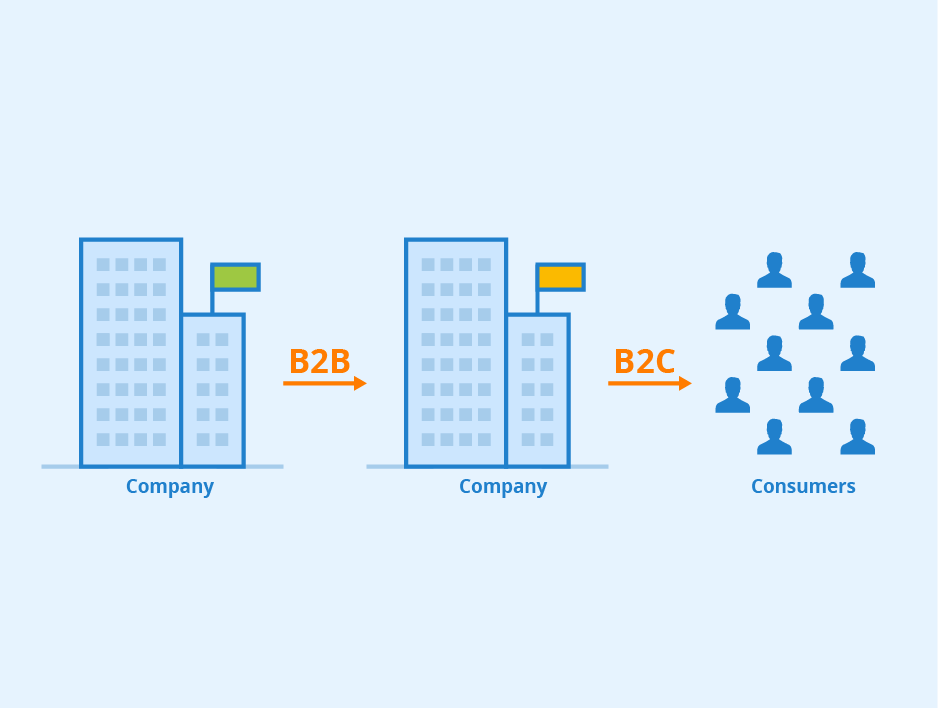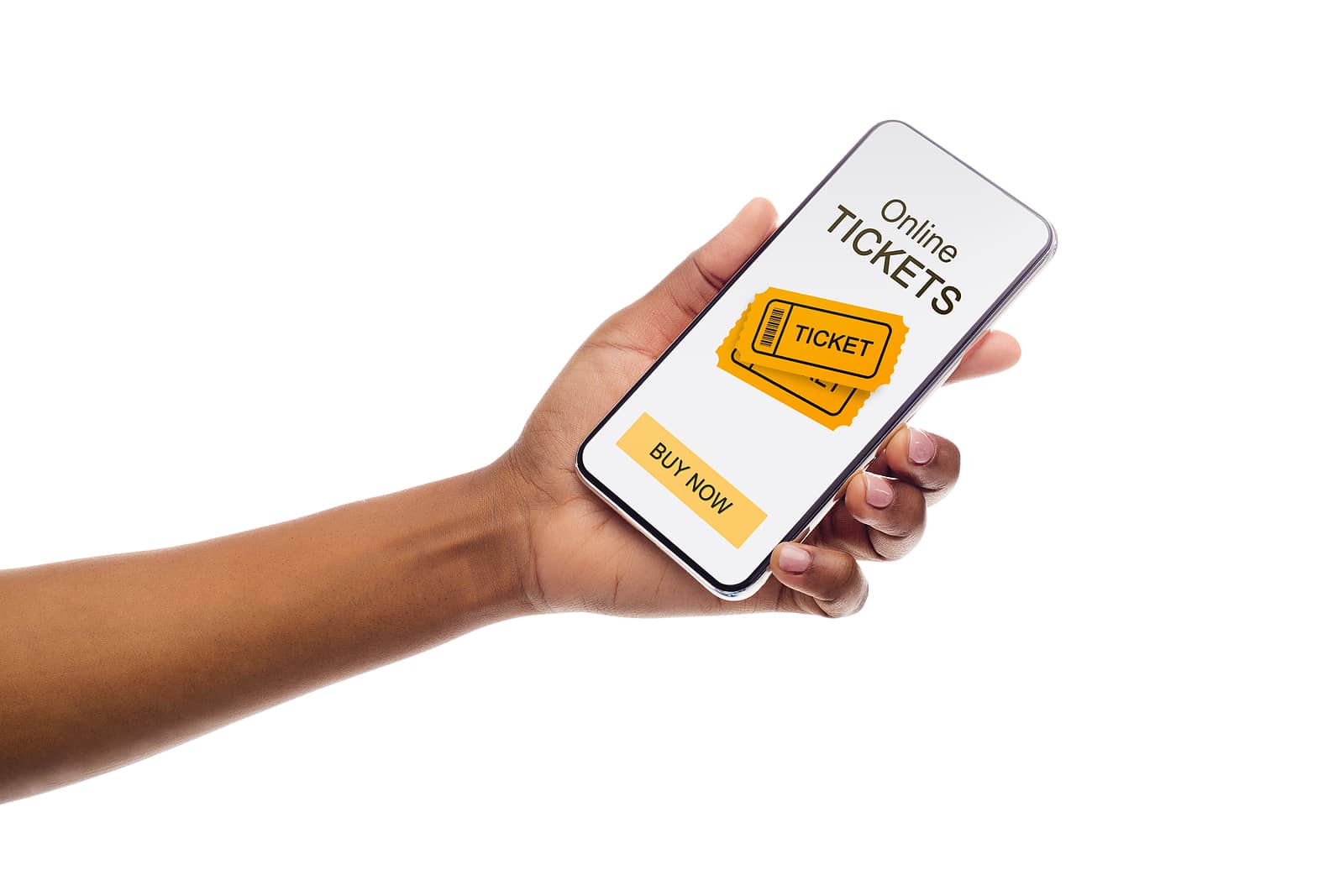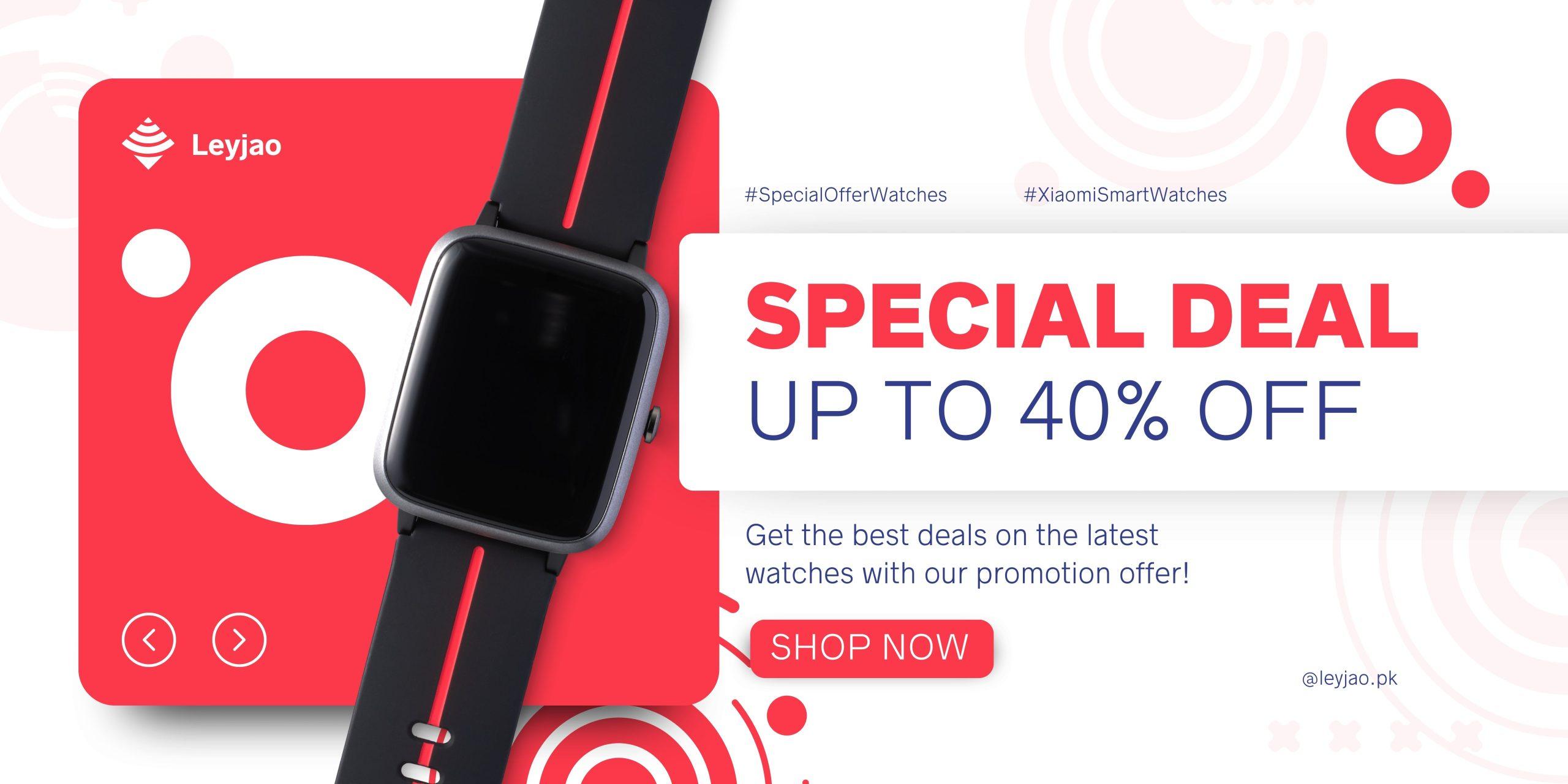Full Comparison Guide
Customers are the lifeblood of any company. If you want to see long-term success, you must manage that relationship. CRM (a.k.a. Customer Management Systems) are popular for helping you do just that. However, not all CRM software will be suitable for your business. Why? Because B2B and B2C CRM applications are not made equal.
Selling to an organisation over the course of a long, difficult sales cycle is very different from selling to an individual in today’s fast-paced consumer world. As a result, the tools used to power a B2B solution will differ from those used by B2C businesses.
In practice, however, many systems will provide both B2C and B2B customer relationship management functions. Especially those with all the bells and whistles included. Still, it’s worth knowing what your business will benefit from the most.
In this article, we’ll look at the distinctions between B2B and B2C CRM, as well as go through some examples of features you’re more likely to discover — or require — in each.
B2B vs B2C: Overview
What is a CRM?
A Customer Relationship Management (CRM) system helps you manage all of your company’s interactions and relationships with present and prospective customers. It is a tool for contact management, sales management, productivity tracking, and other purposes.
With the help of a CRM, you may focus on your company’s relationships with individuals, such as clients, service users, employees, and others. Attracting new clients, attaining their business, and providing continuous support and other services are all part of this.
What is a B2C CRM?
You may boost your outreach and lead conversion efforts by using B2C CRM software. It automates your administrative tasks, combines data sources, and enables you to manage crucial marketing indicators from a single platform.
As the name implies, the primary focus of CRM is the customer, and because B2C organisations frequently have a substantially larger number of clients than B2B enterprises, keeping track of each client’s history and preferences becomes much more difficult.
The same is true for developing customised, targeted messaging for each customer, a task that is nearly impossible to complete without the assistance of technology. Furthermore, the ability to emotionally connect with prospects through targeted marketing campaigns can have a substantial impact on client acquisition and retention.
What is a B2B CRM?
A B2B CRM is a solution that only serves organisations that sell to other businesses rather than customers. It often consists of dashboards and features shared by the whole B2B business. A B2B CRM, which is designed for company sales reps, allows organisations to input prospect data, maintain their contacts, and add other essential details regarding sales deals.
Unlike B2C CRMs, B2B CRMs are standardised and only have a few functionalities. They lack customisation and cannot be tailored to any specific industry; instead, customers must modify their use cases and requirements to fit inside the B2B CRM.
Why do B2B and B2C businesses need different CRM systems?
B2B businesses offer their products and services to other businesses rather than to people. IT services, online services, and corporate insurance companies are good examples of those. These companies are more contact-oriented and serve a smaller audience.
A company that sells payroll administration software, for example, has a smaller audience to target and fewer contacts to store. A CRM geared for this type of business would be able to store fewer leads. Furthermore, the ability to add extensions to cater to specific business needs more precisely is very important to such firms.
Now consider B2C requirements.
Business-to-consumer (B2C) is a business strategy in which companies sell their products or services directly to the end customer.
Restaurants, hotel firms, telecom industries, and so on are examples of this business strategy. In recent years, this approach has most typically been used by e-tailers or enterprises that offer their items to consumers online. They are more lead-driven and serve a far larger audience.
Imagine a company that sells furniture online and actively advertises the products via email, social media, and PPC ads. They would be inundated with leads, and a B2B CRM with limited storage capacity could not feasibly handle such a big intake. They would require a CRM capable of handling a big database of leads.
So, when purchasing a CRM, you must first determine its type and carefully examine its characteristics.
B2B vs B2C: Features Comparison
Client management software frequently comes with a plethora of features. While sifting through the colourful advertisements can be daunting, the key is to understand which tasks are relevant to your company’s operations.
Here’s a comparison of B2B CRM features with standard B2C CRM capabilities.
B2B CRM Features
Account-based marketing (ABM) is a marketing strategy that prioritises only high-value, perfect-fit B2B prospects. Because it produces great outcomes, ABM is a strong tool for B2B enterprises pursuing high-value clients. According to marketers, ABM outperforms other marketing strategies, increases client lifetime value, and increases win rates. As a result, it’s a crucial feature to have.
Contact management. Close communication with leads is critical in B2B sales. As a result, your B2B CRM must include comprehensive contact management tools. This should include the ability to keep extensive contact records and a full view of communication activities across your website, email, and social media.
Quote management. Quotes are an essential component of B2B transactions. B2B salespeople spend more than two-thirds of their time creating estimates, developing proposals, and obtaining approvals, according to Salesforce. As a result, the finest B2B CRMs offer smooth quotation management software to alleviate this load.
CPQ capabilities. While quote management solutions are adequate, market-leading CRMs integrate CPQ software, which accelerates and simplifies the quote generation process. CPQ, or “configure, price, quote” tools, employ integrated data to assess, design, and generate bids in real time.
Enhanced tracking. In addition to smart quotation management tools, B2B CRMs must be able to intelligently track buyer journeys. B2B sales cycles can be lengthy, with a lot of back and forth, so clients can be tempted to back out before reaching the finish line. Intelligent tracking tools keep you up to date on the most recent developments, including predictions about your clients’ next steps.
Automation. Because automation is a vital component in modern CRMs, it should be included in your B2B system. Automation ensures that your sales and marketing activities run on time and that nothing important is overlooked.
B2C CRM Features
Campaign tracking. As previously stated, B2C transactions entail several cross-platform marketing and sales initiatives, ranging from loyalty programs to social media promotions. Staying on top of such activities is vital, thus B2C CRMs must have complete campaign tracking assistance.
Customer service. It’s usual for B2C CRMs to allow integration with call centre software. This allows the company to send client information back and forth with call centre tools, providing all teams with the data they need to serve consumers successfully.
Mass marketing. Most importantly, B2C CRM software must allow for marketing to big groups while also allowing for targeting specific segments or individual buyers. The finest CRM platforms promote high-level client interaction while also allowing businesses to drill down with personalised involvement when appropriate.
Marketing automation. Sales and marketing teams have a large number of leads and contacts to sort through when it comes to B2B deals. Marketing automation facilitates this job by automating repetitive procedures and eliminating the need for monotonous human labour.
Real-time support. Because B2C transactions occur quickly, the firm’s CRM must be capable of providing immediate updates. Instant updates in client data, instant notices of logged customer service tickets, and so on are examples of real-time assistance.
Social media engagement. Because so much B2C marketing takes place on social media, real-time social media monitoring services are essential. B2C businesses should be able to centrally govern social media posting and monitoring through their CRM.
B2B vs B2C: Differences
Now that the functional differences between a B2B CRM and a B2C CRM are established, let’s take a closer look at each.
Complexity
Because B2B sales cycles are longer than B2C sales cycles, B2B CRM encapsulates more complicated fields and domains, as well as more sophisticated tools for the sales process. As a result, the B2B CRM is more difficult to utilise. B2C sales, on the other hand, are more quick and straightforward, necessitating a system with detailed yet industry-relevant fields.
Sales Cycle
Shorter conversion cycles cannot be accommodated in a B2B CRM, which is designed for larger sales agreements that last months or years. B2C purchases are made in weeks, and in some cases, days, necessitating the use of a CRM designed specifically for speedier sales transactions.
Automation of Marketing Communication
A B2B CRM solely provides for the management of sales deals and the performance of sales-related tasks. A B2C CRM, on the other hand, includes all of the elements required to execute and optimise marketing initiatives. Businesses that place a higher priority on obtaining and converting consumers will benefit from having a platform that provides them with useful marketing and automation options.
Customisation and Integration
For products that cater to a big group of people, such as B2C CRM, the ability to customise processes becomes critical. Integration and customisation are at the heart of a B2C CRM’s functionality and hyper-personalisation. B2B CRM, on the other hand, typically does not allow for user customisation and can only integrate with a limited number of other products, APIs, or ERPs.
Forecasting
Forecasting is an important component of every business, whether it be B2B or B2C. Businesses need to understand what the actual figures are and how the future will unfold for them. Therefore, it is critical to have a platform that centralises end-to-end data and gives you deep insights into what is happening on the business end. A sophisticated and purpose-built system, such as a B2C CRM, can predict more successfully than a standard B2B CRM.
Custom CRM Development
If none of the platform-based solutions appear to meet your objectives owing to the nature of your marketing and sales operations, you may always opt for custom CRM development.
You can achieve it by either customising an existing platform-based solution or by constructing your own custom CRM from the ground up. Both solutions are viable and can result in substantial ROI growth.
Can a B2B CRM Work for a B2C Business?
B2B companies benefit from the hierarchical nature of CRM data classification. They save each client as a single organisation record, which may comprise many contacts from the same company.
When a B2C business utilises CRM software like that, the management of key procedures rests heavily on their staff. Customers are a single point of contact for the company, and B2B CRM features will only lengthen sales cycles and squander the organisation’s human and financial resources.
B2B and B2C businesses demand distinct CRM solutions with distinct features and toolsets for the achievement of company objectives. The typical set of CRM tools can only meet the needs of both business types to a certain extent.
Final Considerations
Would you buy a car without first investigating its features, warranty, and engine type? Of course not. Similarly, before acquiring a CRM, you should think about a few business-crucial factors. Here’s a list of some of the things to keep an eye out for.
Is it customisable? You’d want a system that can be tailored to your specific business requirements.
Is it scalable? While you may not require comprehensive functionality right now, this may change as your firm expands. Changing to a new solution could be time-consuming and costly. Ideally, you should buy a system that will adapt to your dynamic growth and serve you for at least the next two or three years.
Does it allow integrations? You will rely on a variety of tools such as marketing automation, lead generation, accounting, HR, and messaging apps to manage your business. The CRM you use must integrate with them. If the platform does not include built-in connectors, it should give API documentation to allow for the creation of bespoke integrations.
How far can it automate workflows? A CRM should eliminate reliance on manual work by automating routine processes. Action triggers, such as sending automated emails based on client activity, should be available (or possible to implement).
How dependable is their support? Vendors must facilitate a smooth transition to their systems by providing migration and onboarding services. They should also provide prompt assistance via live chat, training materials, and a knowledge base.






